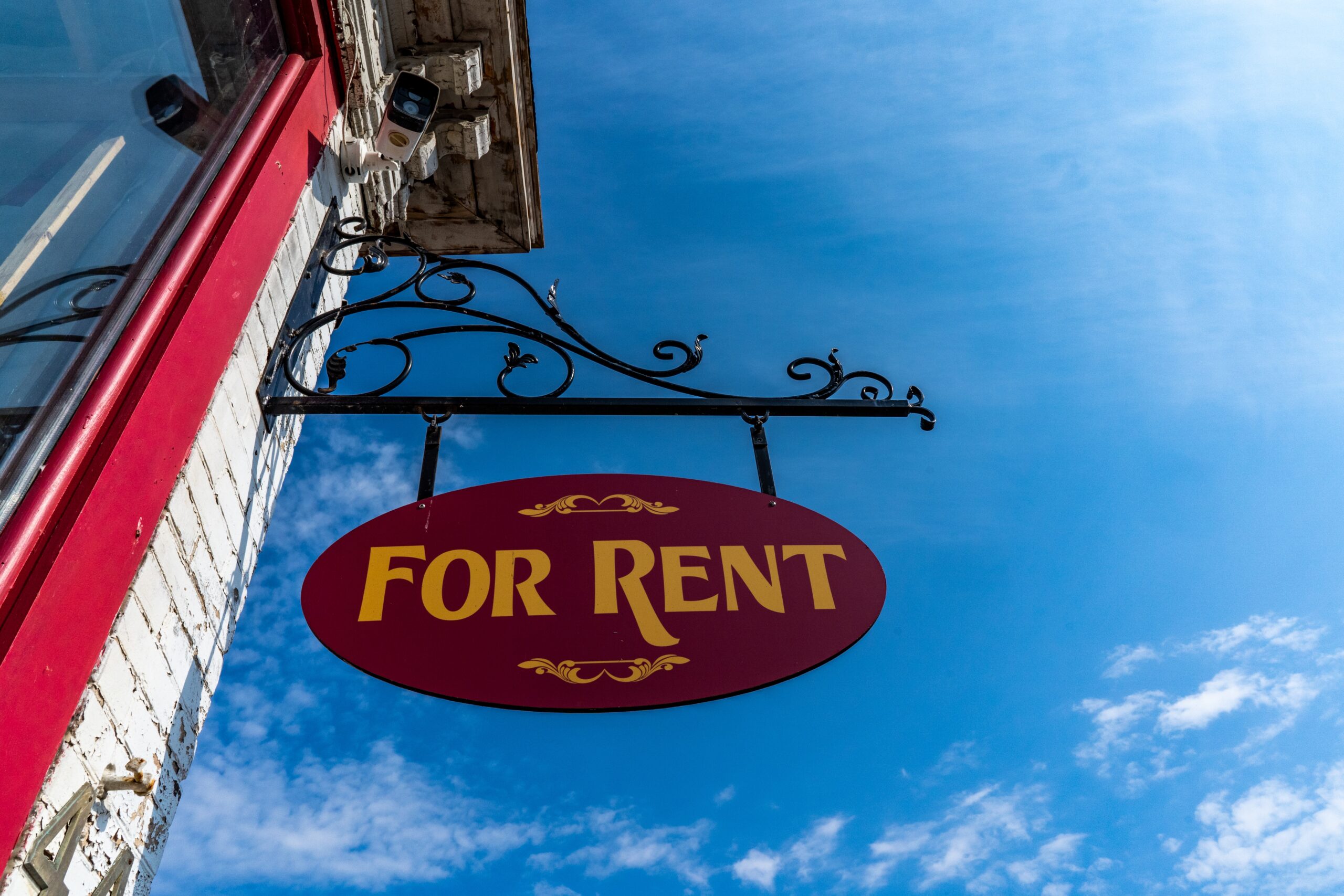By Will Parker
When Tressy Coats looked to rent a somewhat worn-out, three-bedroom house in Virginia Beach, Va., two years ago, the market was so tight that 46 other people applied to rent the same home.
This June, Coats found an ocean-facing, two-bedroom apartment in that city. The $2,100 a month rent was lower than she expected, and the landlord even cut the security deposit by about $1,000.
“This year was totally different,” Coats said.
After suffering through a three-year period when rents jumped by 30% or more in many U.S. cities, renters are now starting to enjoy small breaks like this. Rents still aren’t falling by much. But thanks largely to an unusual surge in new building supply, more landlords are offering other enticements to fill up their properties, from a month of free rent to a reduction in fees and deposits.
Some are getting more creative. In suburban Atlanta, landlords renting houses are pledging free lawn care or housekeeping services. Tenants at certain buildings in Chicago can spin a wheel and win gift cards to local businesses.
Concessions have been especially prevalent in the most overbuilt Sunbelt markets, but they are on the rise in the majority of major metro areas. About one-third of apartment and home-rental listings this October included some type of markdown, according to an analysis of rental listings by real-estate firm Zillow. This was the highest rate since February 2021, Zillow said.
Property-data firm CoStar Group, meanwhile, found three times more apartment-rental buildings offered concessions this October than did so during the same month two years ago.
“Tenants are starting to expect concessions,” said Adrian Savino, managing director at the Living New York real-estate brokerage in New York.
That calculation represents a reversal from last year, when renters in several U.S. cities had resigned themselves to competing in bidding wars to lock down a rental home or apartment. Now, landlords are vying with each other to keep tenants, especially at new buildings.
The deepest discounting is happening in the South and other Sunbelt markets, in cities such as Charlotte, N.C., and Dallas, where there has been more construction than in the rest of the country. Mid-America Apartment Communities, a publicly traded company focused on Sunbelt cities, said in an October earnings call that widespread use of concessions by developers was weighing on how much rent it could charge.
But tenants are taking advantage of concessions in big and expensive Northern cities, too. The effective rents of one-bedroom units in professionally managed, high-rise buildings in Chicago’s West Loop neighborhood were 14% lower at the end of November compared with that month last year due to concessions, said Sophie Morrison, a real-estate broker at Downtown Apartment Co.
Andie Melendez, a 28-year-old behavior analyst, is moving into a one-bedroom in a downtown Chicago high-rise that offered her two months free rent. The building is stocked with amenities like an indoor swimming pool, gym and a roof deck.
“I upgraded places and decreased in price,” said Melendez, who now has an in-unit washer and dryer after living without them at her previous apartment.
In New York, Lil Alvarez, a 23-year-old designer, waited out the market by subletting this fall, in hopes of finding a discount on a longer-term lease. This month, she found a 750-square-foot corner unit in a doorman building near Union Square that offered two months free.
Brian Hourigan, a senior managing director at the Bond New York brokerage firm, expects concessions in New York to get so deep this winter that some tenants will try to break their lease to move to a heavily discounted building, even if it means paying a penalty.
Renters of suburban houses are also seeing more deals, and landlords are more likely to accept renters with suboptimal credit, said Torrence Ford, a Re/Max Premier real-estate agent in Atlanta.
Property owners are also more willing to address issues that tenants spot before move-in, like broken window blinds or carpet stains, as a condition for signing. “Last year, people weren’t demanding anything cosmetic,” Ford said.
Concessions don’t always reflect a great deal. Some landlords might offer discounts only on rent that was unusually high to begin with. Landlords dangling concessions also often ask tenants to sign 18-month leases. That means units leased in fall or winter months come up for renewal in the spring or summer, when landlords tend to have more pricing power. Tenants could end up paying much higher rents down the line.
The concession trend might also prove short-lived. Permits for new buildings are falling, amid a financing crunch that makes it difficult for developers to put stakes in the ground.
And a for-sale market that remains inaccessible to so many could also prop up rents long term and cut into all the freebies. Coats, the Virginia Beach renter, was readying to buy a home until interest rates shot up last year and prices hovered near record highs.
“It’s just impossible to buy now,” she said.


